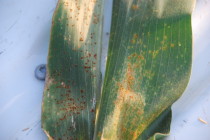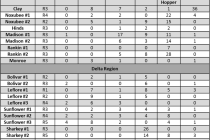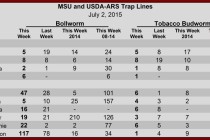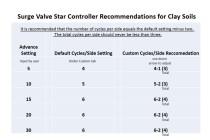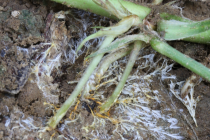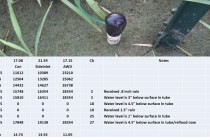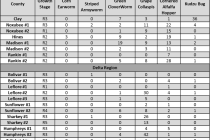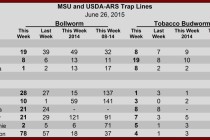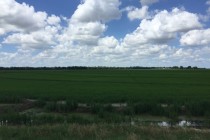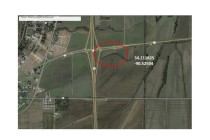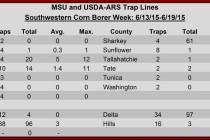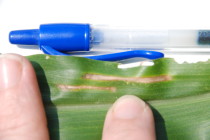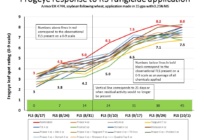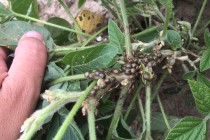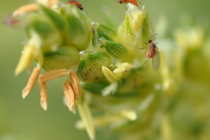Corn Disease Update: July 4, 2015, Southern Rust Observed in Five Counties (UPDATED @ noon)
Corn diseases have started to be more commonly observed throughout the MS corn production area. Given the time of year in both calendar date and crop stages (post-tassel) several corn diseases are being observed more often. Northern corn leaf blight, southern corn leaf blight, and Diplodia ear rot have all been observed over the last two weeks. Southern corn rust made an appearance earlier than normal; however, the disease is considered to be at extremely low levels at this time even though five counties (Adams, Claiborne, Coahoma, Forrest, Stone) have been observed to contain infected corn plants.

